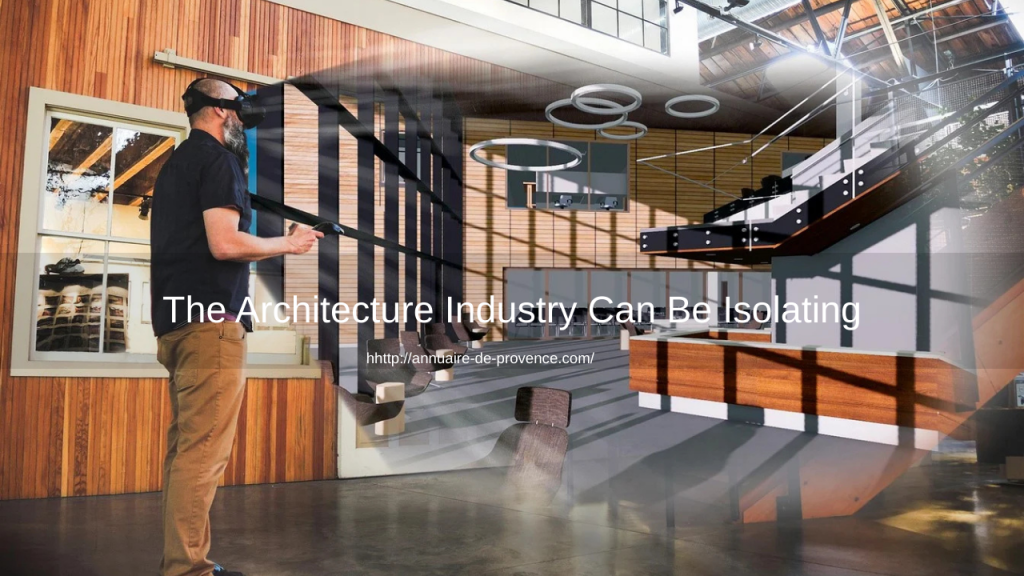
Architecture is a field that demands creativity, precision, and relentless dedication. Architects are tasked with transforming ideas into structures that define our cities and communities. However, the very demands that make architecture a rewarding profession also make it high-risk for stress and burnout. In many cases, chronic stress can lead architects to seek relief through substances, creating a dangerous path toward addiction. At Annuaire de Provence, we understand these unique challenges and provide compassionate, personalized support for professionals struggling with mental health and addiction.
Understanding Burnout in Architecture
Burnout is more than fatigue. It is a state of emotional, mental, and physical exhaustion caused by prolonged stress. In architecture, burnout often results from long hours, high-pressure deadlines, and the constant need to balance creativity with technical and client demands. Architects frequently work late nights and weekends, leaving little time for rest or self-care. Over time, this unrelenting pressure can erode mental resilience, making unhealthy coping mechanisms, including substance use, more likely.
The Link Between Stress and Substance Use
Coping Mechanisms That Turn Risky
Many architects initially use substances as a way to cope with stress. Stimulants like caffeine or prescription medications may help them stay alert during long work sessions, while alcohol or sedatives are used to relax afterward. While these methods may offer temporary relief, they can quickly evolve into dependence. The combination of chronic stress and self-medication creates a cycle where burnout and substance use feed each other, increasing the risk of addiction.
Mental Health Challenges in the Profession
The architecture industry can be isolating despite its collaborative nature. Architects spend significant time working alone on detailed projects, which can exacerbate feelings of loneliness or anxiety. Coupled with perfectionist tendencies and fear of professional failure, these mental health pressures increase vulnerability to addiction. Early recognition and intervention are crucial to prevent these issues from escalating.
Strategies for Recovery and Wellness
Personalized Treatment Plans
At Annuaire de Provence, we emphasize individualized care. Addiction recovery programs are tailored to each person’s unique situation, combining therapy, counseling, and medical support. Both inpatient and outpatient options are available to provide the structure and flexibility necessary for successful recovery. Addressing the underlying causes of stress and addiction is essential for long-term wellness.
Holistic and Faith-Based Support
Recovery is most effective when it addresses the whole person. Holistic practices such as mindfulness, yoga, art therapy, and nutrition help rebuild balance and reduce stress. For those seeking spiritual guidance, faith-based support can provide additional emotional strength and purpose. By integrating these approaches, architects can learn healthier coping strategies and rebuild resilience.
Building a Supportive Environment
Peer support and community engagement play a critical role in maintaining recovery. Group therapy, mentorship, and support networks allow individuals to share experiences, reduce isolation, and reinforce accountability. Establishing a strong support system is vital for sustaining long-term mental wellness and preventing relapse.
Taking the First Step Toward Recovery
Burnout and addiction in architecture are serious concerns, but recovery is possible. Recognizing the signs, seeking help, and embracing personalized care are the first steps toward breaking the cycle. At Annuaire de Provence, we provide compassionate guidance every step of the way, offering treatment that restores balance, resilience, and hope.
If you or a loved one is struggling with stress, burnout, or addiction, do not wait. Reach out today to explore how our programs can help you reclaim your well-being and build a healthier, more sustainable professional and personal life.
Your journey to recovery begins now. Contact us and take the first step toward healing.